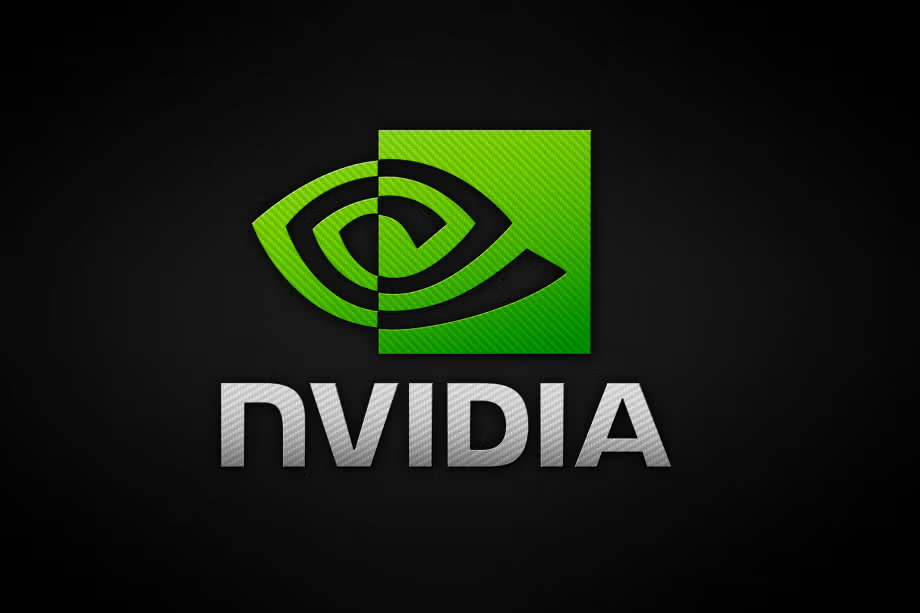Nvidia has undeniably been the dominant force in the artificial intelligence (AI) chip market, but recent developments suggest its leadership is under increasing pressure. Intensifying competition, technological shifts, and geopolitical factors are all contributing to a challenging environment for the company, potentially threatening its market share.
Rising Competition
Several companies are actively developing AI chips that compete directly with Nvidia's offerings. AMD, for example, has introduced the Instinct MI300X, which boasts superior memory capacity and bandwidth compared to Nvidia's H100. While early benchmarks showed the MI300X performing roughly in line with the H100, AMD's product offers a compelling alternative, especially for memory-intensive workloads. Intel is also vying for a piece of the AI market with its Gaudi series. The Gaudi 3 accelerator is designed to compete with Nvidia's H100, with Intel emphasizing its lower price and total cost of ownership. While the Gaudi 3 may not always match the H100 in raw performance, it offers a competitive price-performance ratio, particularly for AI inference tasks. Additionally, a number of startups, including Groq, are developing specialized chips optimized for AI inference, further intensifying competition. Even tech giants like Google, Amazon, Microsoft, and Meta are investing heavily in inference-optimized chips.
Technological Shifts
The AI landscape is evolving, with a growing emphasis on AI inference, the process of deploying AI models for real-world tasks. While Nvidia has traditionally dominated the AI training market, inference is becoming increasingly important, driving demand for chips optimized for speed and efficiency. Barclays analysts predict that capital expenditure on inference computing will exceed training investments in the next few years. This shift presents an opportunity for companies with specialized inference chips to gain market share. Nvidia is also facing pressure to deliver chips capable of running complex AI workloads on local devices rather than in the cloud, spurred by enterprise demands for reduced cloud computing costs, enhanced data privacy, and decreased latency in AI applications.
Geopolitical Factors
Geopolitical tensions, particularly between the US and China, are also impacting Nvidia's business. US export restrictions have limited Nvidia's ability to sell its most advanced AI chips to China, a significant market for the company. To comply with regulations, Nvidia has developed downgraded versions of its chips, such as the H20, but this has opened opportunities for domestic competitors like Huawei. Huawei is actively developing AI chips to compete with Nvidia's offerings, potentially impacting Nvidia's market share in China. These restrictions have already affected Nvidia's revenue, with sales in China falling.
Nvidia's Response
Nvidia is taking steps to address these challenges and maintain its leadership. The company continues to innovate, releasing new GPUs like the Blackwell Ultra with significant performance gains and improved power efficiency. Nvidia is also expanding its focus beyond chips, offering a comprehensive AI platform that includes software, tools, and services. Strategic partnerships, such as collaborations with Oracle and Cadence, further strengthen Nvidia's ecosystem. Nvidia is also adapting to the shift towards edge computing and on-device AI processing by launching products like Project DIGITS, a personal AI supercomputer. The company is also making inroads into robotics and physical AI systems, which represent another growth opportunity. Nvidia has unveiled AI Blueprints for enterprise workflows, integrating with Nvidia AI Enterprise software to enable custom AI agent development. Furthermore, Nvidia Dynamo is a new open-source inference framework designed for high-throughput, low-latency deployment of generative AI models in distributed environments.
Despite these efforts, Nvidia faces significant headwinds. The company's stock has experienced volatility in 2025, influenced by factors such as US export controls, rising competition, and the global tariff agenda. While analysts remain optimistic about Nvidia's long-term potential, the company's path forward is likely to be more challenging than in previous years.

















